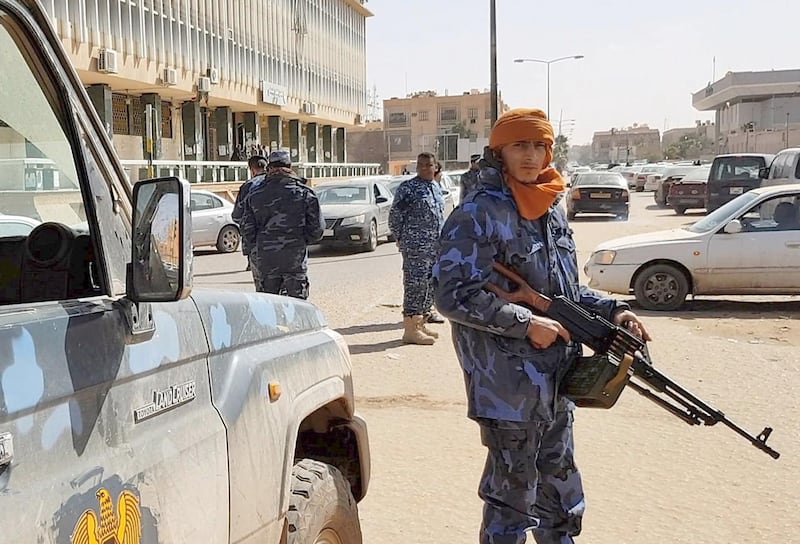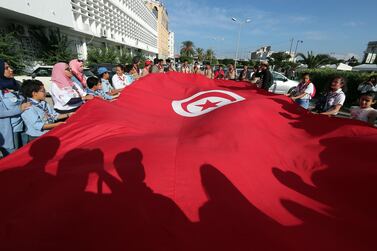There was considerable mirth on social media last week when the United States Africa command (Africom) denied carrying out an airstrike targeting Al Qaeda in southwest Libya – despite the internationally recognised government in Tripoli appearing to claim their American partners had been involved in some sort of raid.
Mohamed Sallak, a spokesman for the Government of National Accord (GNA), had said that a joint US-Libyan operation hit an alleged Al Qaeda cell near the town on Ubari, deep in Libya’s southwestern desert. It was rare for the Libyan government to make the announcement before the US, and while the militants names and nationalities remain unknown.
Africom, which usually takes public credit for airstrikes in Libya, said it had not been involved. The incident was seized upon by detractors of the GNA as further evidence of its incompetency.
Although airstrikes do go unclaimed in Libya, the mixed messages were bizarre. Officials from the GNA pointing out they said a "US-Libyan" raid rather than mentioning Africom explicitly has only added to the confusion.
If the US were involved, it is strange for them not to say so. One theory is that they did not want to anger the self-styled Libyan National Army, which backs a rival administration in the east of the country.
In recent weeks the LNA has taken over large chunks of Libya’s south, including the country’s largest oil field, albeit with relatively little resistance. Seeking to project an image of stability and security upon a region beset by militant activity and economic deprivation, the LNA’s public relations machine has gone into overdrive with glitzy images of senior commanders being flown in and its chief spokesman holding talks with tribal dignitaries.
It has also imposed a no-fly zone on the region, so it is plausible the US did not want to publicly admit to violating it. The LNA’s southern operation could also explain why its rival the GNA wanted to claim responsibility quickly – so it could project an image that one of the world’s superpowers still had its back.
The other possibility is that another international party carried out the attack. France has been known to carry out airstrikes, although these have been further south targeting Chadian rebels. Southwest Libya is a renowned hotbed for terrorists to base themselves, in particular the local Al Qaeda offshoot. With most of the groups leaders coming from Francophone countries perhaps France was showing support for its former colonies.
Egypt has also hit Libya before but this is normally much closer to its border.
Ultimately, the incident is a telling indicator of the current situation in Libya, where events are beset by counter-narratives, disinformation and a lack of clarity.






